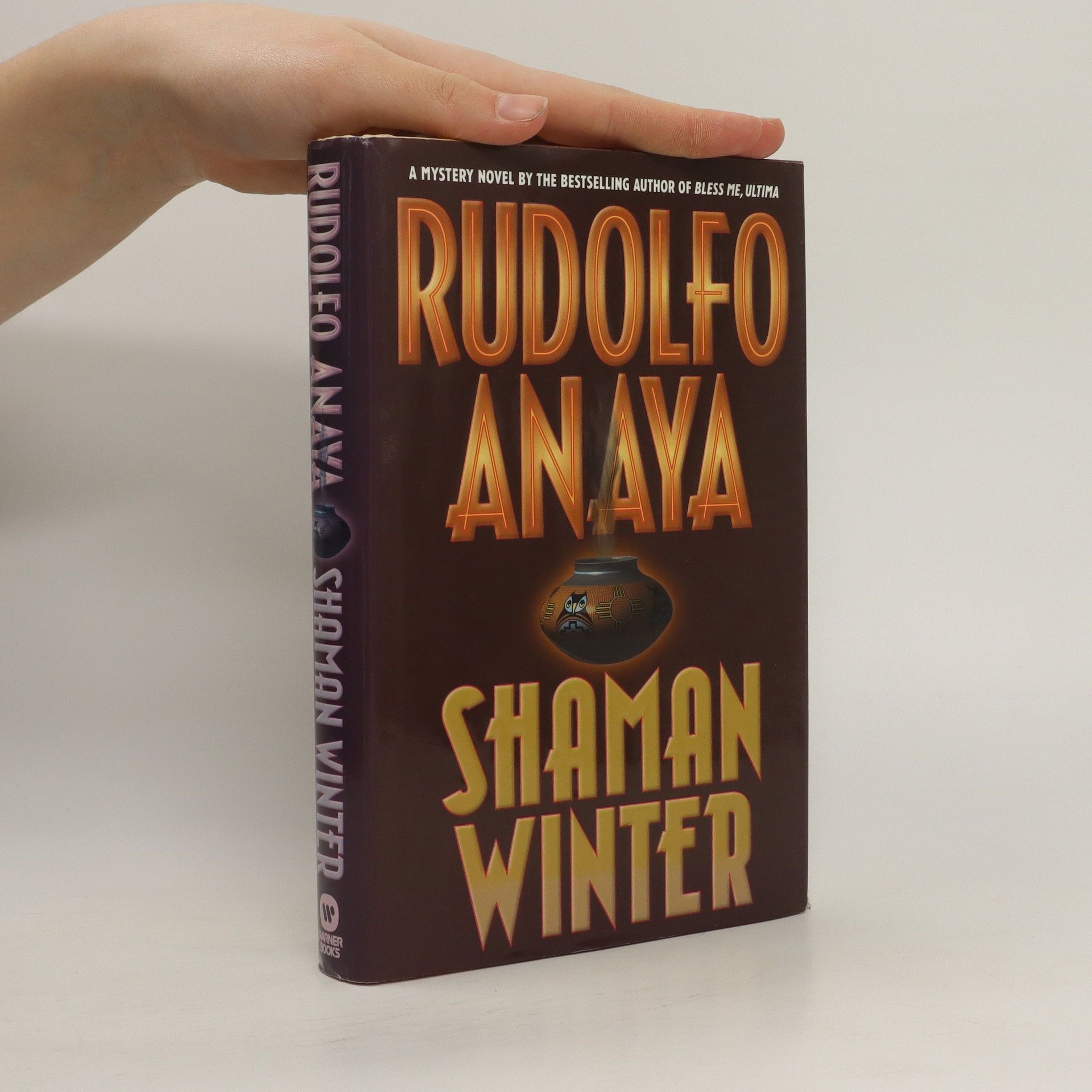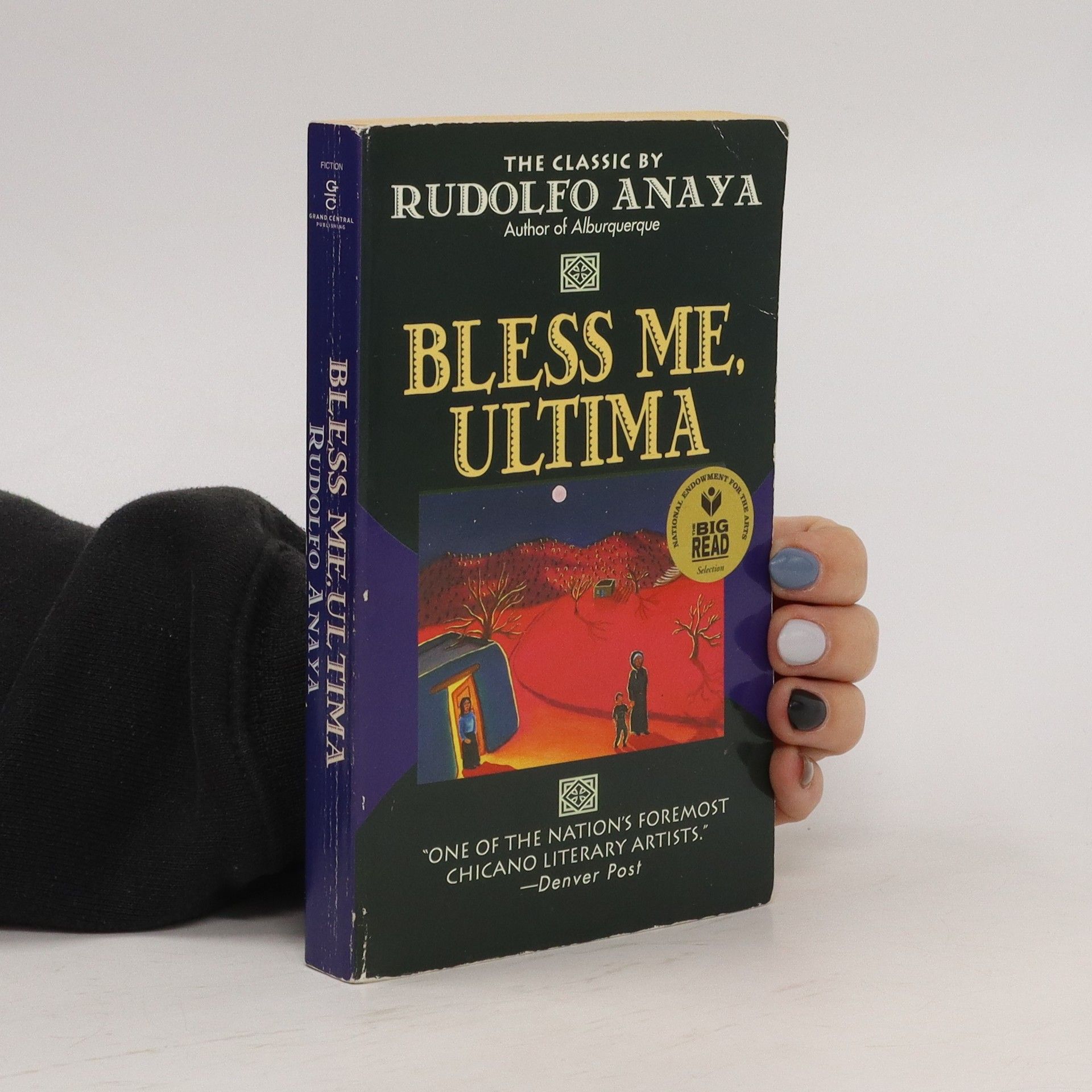Rudolfo Anaya Bücher
Rudolfo Anaya gilt als Begründer der modernen Chicano-Literatur, tief verwurzelt in der Landschaft und den kulturellen Überschneidungen des amerikanischen Südwestens. Er verbindet meisterhaft alte spanische, mexikanische und angloamerikanische Einflüsse des 20. Jahrhunderts und durchdringt seine Erzählungen mit Magie und Mythos. Anayas Schreibstil schöpft stark aus der mündlichen Erzähltradition, eine Technik, die er auf die gedruckte Seite überträgt. Sein eindringliches Werk ist für das Chicano-Studium unerlässlich und hat die Veröffentlichung hispanischer Autoren maßgeblich gefördert.

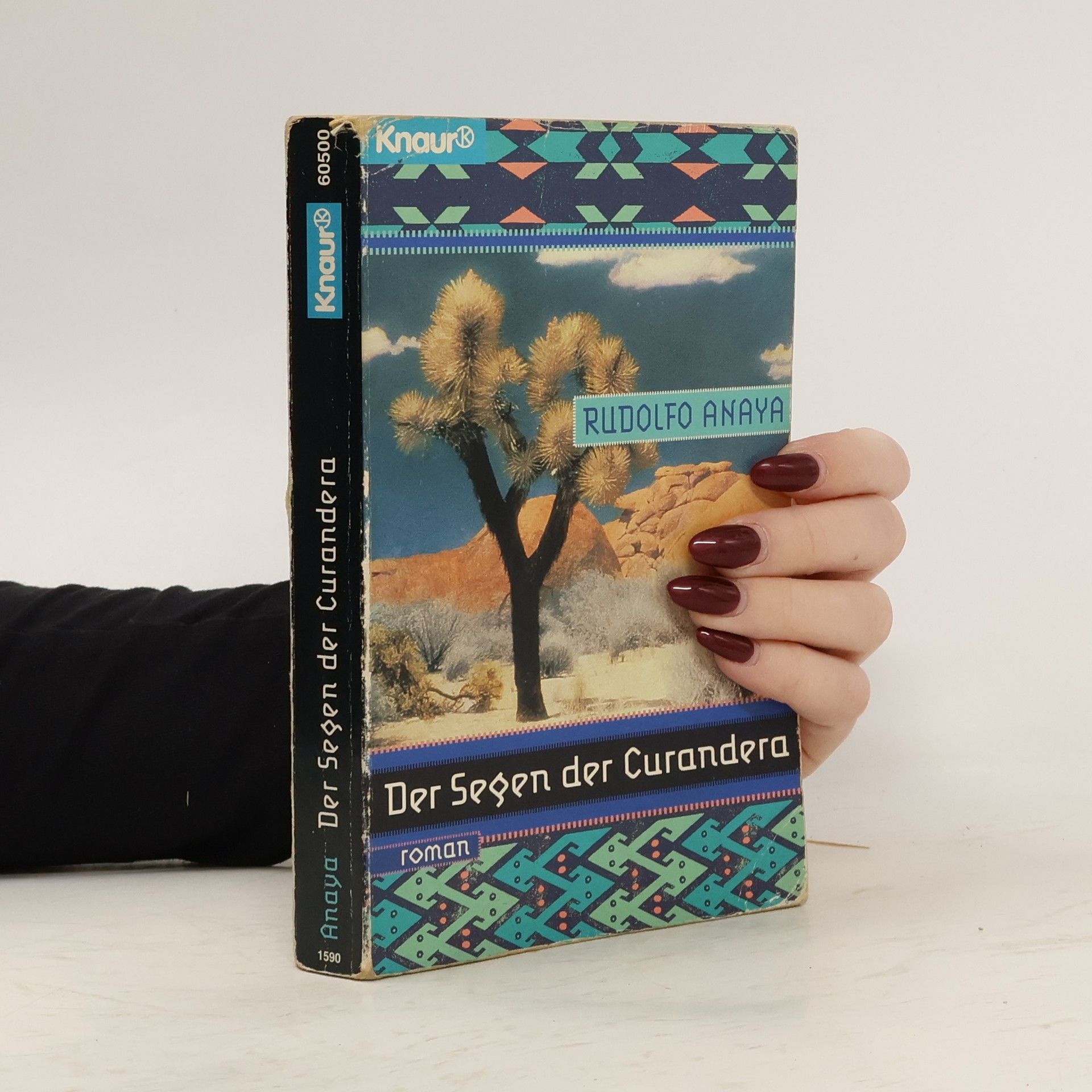
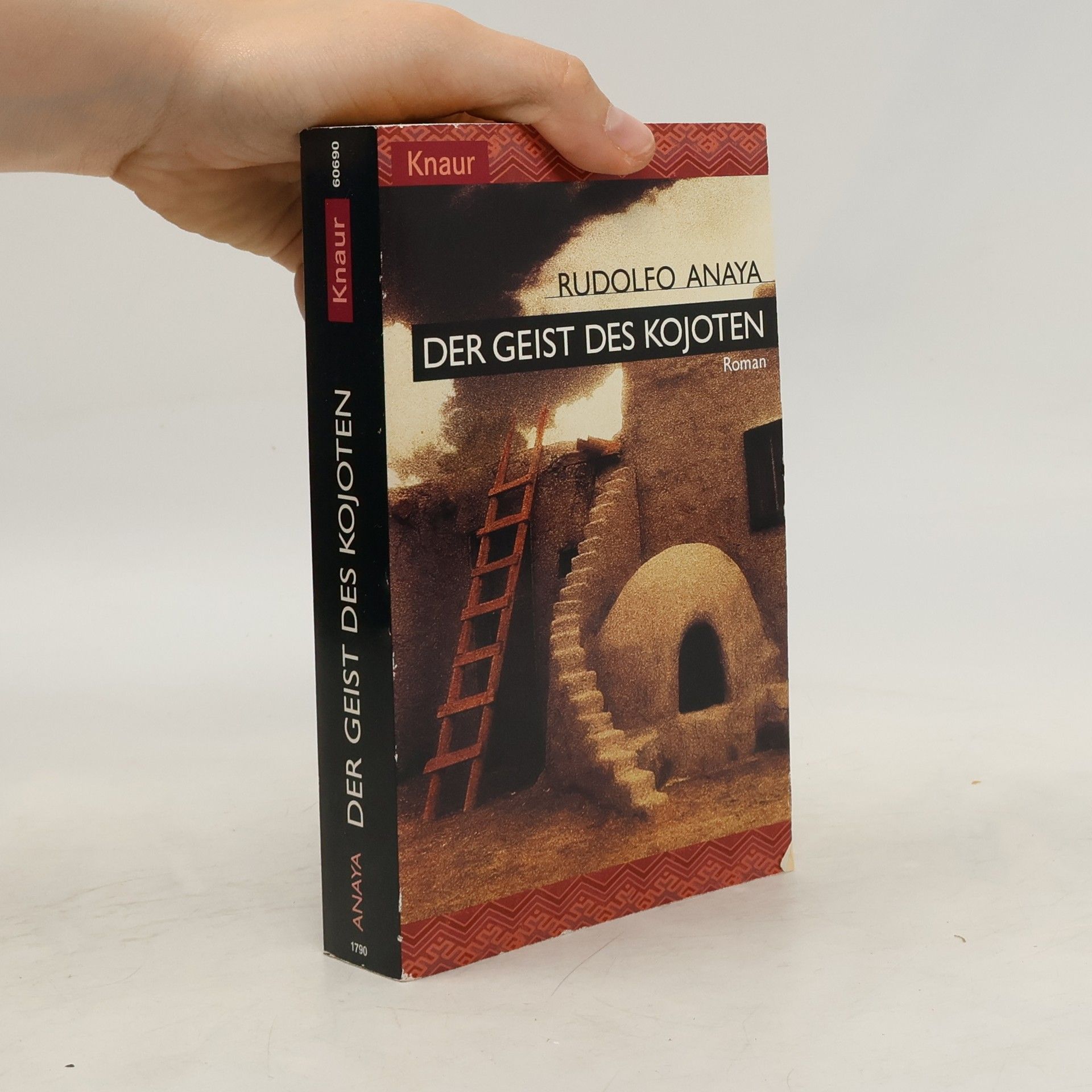


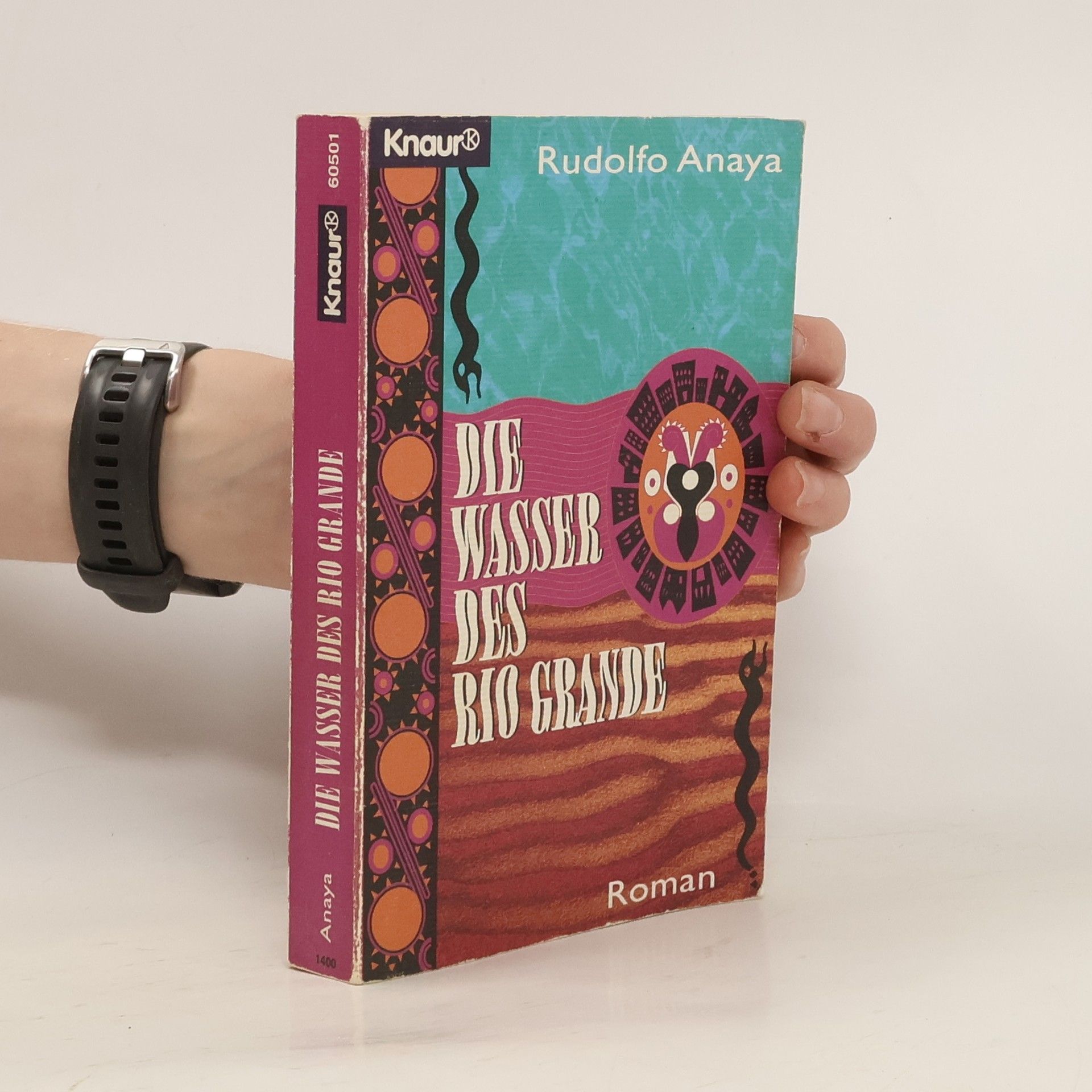
Zia Summer
- 386 Seiten
- 14 Lesestunden
Sonnenzeichen. Roman
- 558 Seiten
- 20 Lesestunden
Sonny Baca, ein kleiner Privatdetektiv, arbeitet an Scheidungssachen und Versicherungsfällen, bis er in einen Mordfall verwickelt wird, der ihn mit der Vergangenheit seines Landes und dem Zia-Symbol der alten Azteken konfrontiert.
The Essays: Volume 7
- 332 Seiten
- 12 Lesestunden
Rudolfo Anaya's collection of 52 essays reflects his Mexican American heritage and storytelling prowess. Through personal narratives, he addresses significant themes like censorship, racism, education, and sexual politics, offering insights into both societal issues and his own life experiences. Anaya's blend of personal reflection and cultural commentary highlights the complexities of identity and the power of words in shaping understanding and resistance.
Poems from the Rio Grande
- 128 Seiten
- 5 Lesestunden
The collection showcases twenty-eight poems by Rudolfo Anaya, revealing his lyrical prowess as a poet, distinct from his well-known fiction. Spanning three decades, the poems, written in both English and Spanish, present a rich tapestry of themes and emotions. Many of these works are previously unpublished, offering a unique glimpse into Anaya's literary and poetic imagination, making this collection a significant addition to his body of work.
Rudolfo Anaya: Bless Me, Ultima, Tortuga, Alburquerque
- 768 Seiten
- 27 Lesestunden
"Mythmaker, master storyteller, and a writer powerfully attuned to the land and history of his native New Mexico, Rudolfo Anaya is one of the undisputed fathers of Chicano literature. Writing in an era when Latino voices were marginalized and just beginning to be read and acknowledged, Anaya broke new ground with Bless Me, Ultima (1972), a mythic novel that captures the richness and complexity of history, community, and place in the American Southwest. Bless Me, Ultima, read eagerly and widely before receiving even a single mainstream review, launched Anaya on an acclaimed literary career. Tortuga (1979), drawing on his own experience of suffering and recuperation after a diving accident as a teenager, is set in a rehabilitation center for disabled children. And in the 1992 novel Alburquerque (restoring the original "r" that was removed from the city's name), a young boxing champion discovers that his white biological mother had given him up for adoption at birth, spurring him to reevaluate everything he had thought himself to be. Rudolfo Anaya (1937-2020) was born in the village of Pastura, New Mexico, and moved with his family to Albuquerque at the age of 14. He graduated from the University of New Mexico with a B.A. in English and taught in Albuquerque's public schools"
In the third book in Anaya's Albuquerque mystery series, P.I. Sonny Baca learns to enter his dream world and fight his nemesis, the Raven, before he is utterly destroyed.
Bless me, Ultima
- 262 Seiten
- 10 Lesestunden
This coming-of-age classic and the bestselling Chicano novel of all time follows a young boy as he questions his faith and beliefs -- now one of PBS's "100 Great American Reads." Antonio Marez is six years old when Ultima comes to stay with his family in New Mexico. She is a curandera, one who cures with herbs and magic. Under her wise wing, Tony will probe the family ties that bind and rend him, and he will discover himself in the magical secrets of the pagan past--a mythic legacy as palpable as the Catholicism of Latin America. And at each life turn there is Ultima, who delivered Tony into the world...and will nurture the birth of his soul. The winner of the 2015 National Humanities Medal, Rudolfo Anaya is acclaimed as the father of Chicano literature in English and for his rich and compassionate writing about the Mexican-American experience.
